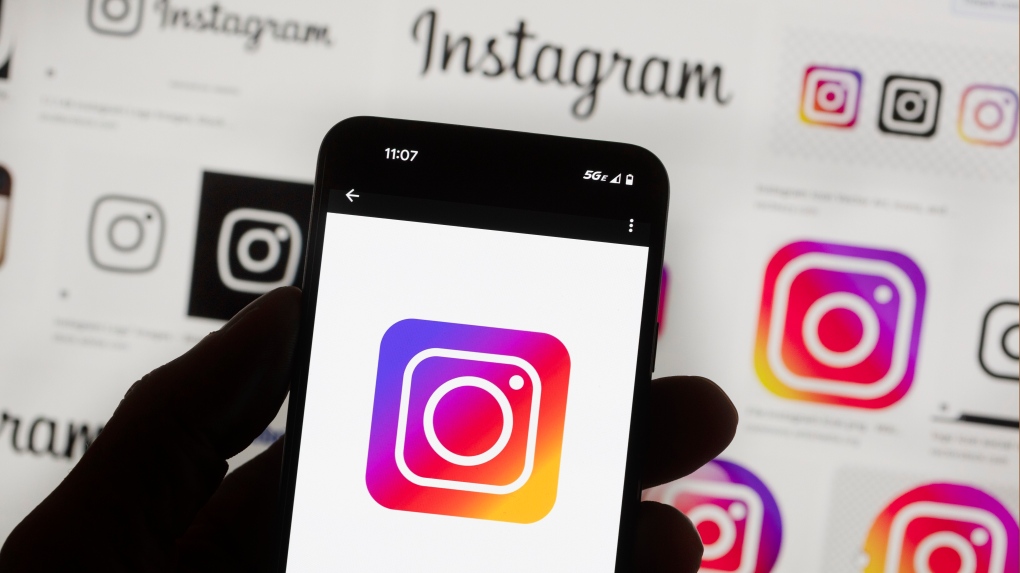
As of Thursday, Instagram will expand its age-verification tools for users in Canada as it aims to direct users to more «age-appropriate» content, specifically those users who are between the ages of 13 and 17.
The testing involves two ways to verify a person’s age, and is used only if they attempt to change their date of birth on the app from under 18 to over 18.
The user will be prompted to either upload a photo identification like a driver’s licence or ID card, or they will be asked to record a «video selfie.» If the latter is used for verification, facial age estimation technology will then estimate whether the user is the age they say they are, Instagram says.
The Meta-owned company has already tested these tools in the U.S., U.K., India and Brazil, a process that began in June 2022.
The social media giant said in a news release its verification tools have already stopped 96 per cent of teens attempting to change their date of birth from under 18 to over 18.
«When we know if someone is a teen (13-17), we provide them with age-appropriate experiences like defaulting them into private accounts, preventing unwanted contact from adults they don’t know and limiting the options advertisers have to reach them with ads,» Instagram said in a news release Thursday.
When testing began in the U.S., however, some experts raised concern over the use of the facial recognition technology. These concerns were not just over privacy, but also over biases from artificial intelligence (AI) technology that can overestimate or underestimate a person’s age because of their skin colour or the way they smile.
A recent study from Western University and Israel’s Ben-Gurion University of the Negev found that AI technology can not only have the same biases as humans, but it can even exaggerate them. The study found that AI had decreased accuracy on age estimation of older adults in comparison to younger ones, and it would often overestimate the age of smiling faces. Additionally, researchers said, there were more inaccuracies with female faces in comparison to male faces.
“Our results showed AI is even less accurate and more biased than human observers when judging a person’s age – even though the overall pattern of errors and biases is similar,» research author Melvyn A. Goodale said in a news release.
According to Instagram, its facial age estimation technology is done by Yoti, a U.K.-based digital identity company that will process the image to estimate the user’s age. However, the company clarified its product is not the same as facial recognition technology, saying the image is deleted by both Meta and Yoti, not stored. Similar to the second age-verification tool of uploading a form of identification, the company deletes video selfies from its servers within 30 days.
This comes after Instagram launched a «quiet mode» feature that allows all notifications to be paused on a user’s account, in an attempt to set boundaries among followers, especially for teens who need time to study or to otherwise limit their screen time.
TikTok recently announced a similar feature for all minors, who will be given a 60-minute daily screen time limit. When the time is up, their parents or legal guardians will have to enter a passcode to increase their screen time in 30-minute intervals.